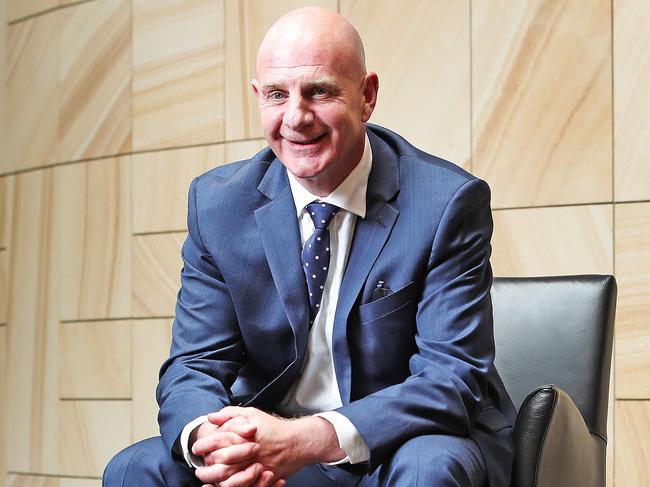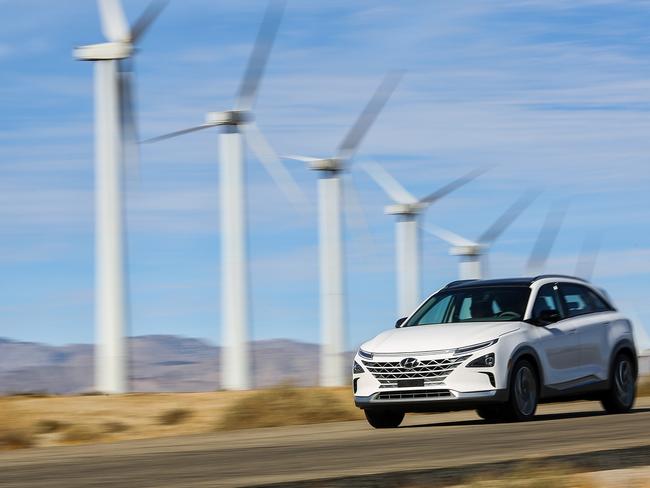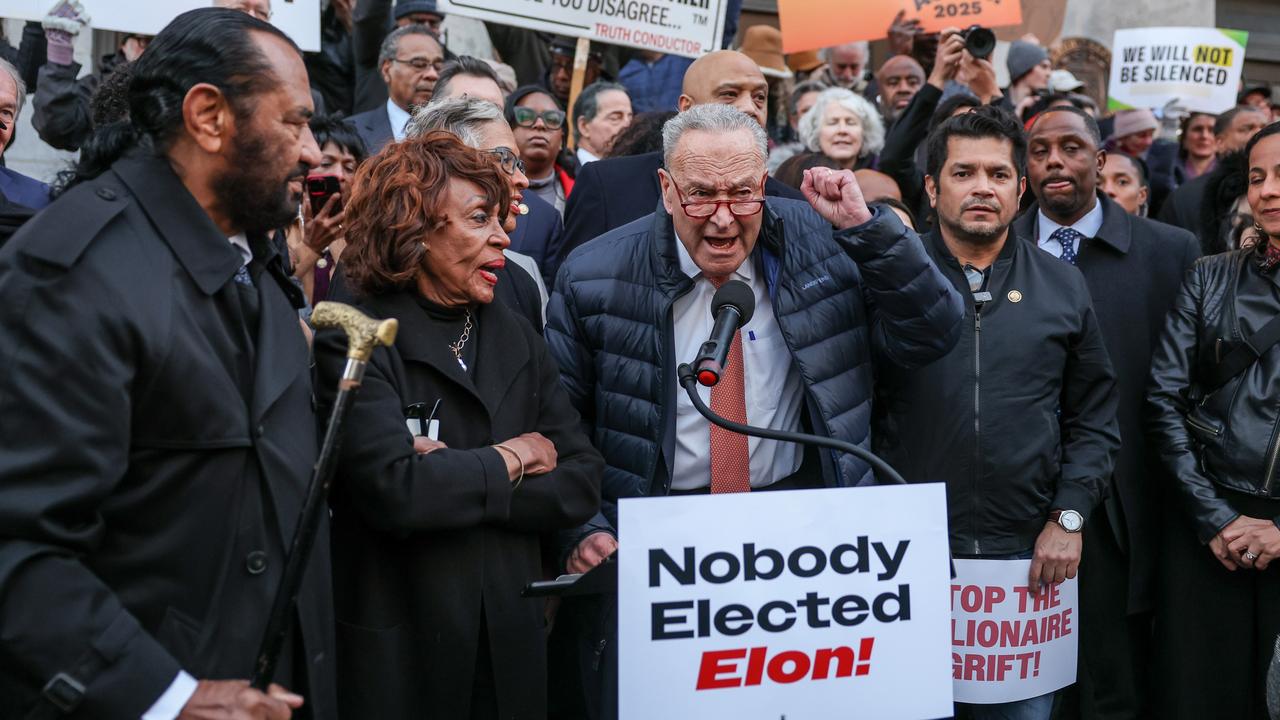Talking Point: Make the world sit up and take notice with a zero net carbon brand
RICHARD ECCLESTON: Tasmania can cash in on a low-carbon economy

Opinion
Don't miss out on the headlines from Opinion. Followed categories will be added to My News.
IT’S been an eventful summer and even the Tasmanian political scene wasn’t immune from bombshells, with Will Hodgman’s sudden retirement taking even his closest colleagues by surprise.
Now, with Peter Gutwein sworn in as premier and parliament about to resume, the focus is on what this leadership change means for the government’s policy agenda and the wider Tasmanian community.
We got an early indication of the new Premier’s priorities when he delivered the annual Tasmanian Political Outlook address on Monday.
As you would expect, there will be a good deal of continuity between the government which Peter Gutwein served as Treasurer and the one he leads today.
Given Tasmania’s strong economic performance across a host of indicators, our new premier is quick to highlight his government’s track record. Yet, after six years in office, it’s also necessary to acknowledge that the state faces persistent and growing challenges.
The Premier has accepted that more needs to be done on health, housing and to shore up the state budget amid growing economic uncertainty and revenue risks.
Yet the real challenge for a new leader is to promote a clear vision for the state, a compelling narrative which plays to our strengths and shared aspirations, an agenda which will help unite our community rather than exploit differences.
The element of the Premier’s speech that gave the clearest insight into his vision for the future was his belief that Tasmania should promote its low emissions status and lead Australia’s inevitable transition to a low-carbon economy.

Our federal politicians might still be squabbling over setting a net zero emissions target by 2050 but the reality is that they are well behind both public opinion and the views held by business leaders in Australia and beyond.
Just this week, Larry Fink, the CEO of BlackRock, the world’s largest funds manager, argued that climate change and our response to it was already transforming both investment decisions and the structure of global economy.
Tasmania can capitalise on this fundamental shift and become a global example of how to address and adapt to climate change.
A carefully cultivated zero net carbon brand has the potential to drive investment and growth across a wide range of industries, providing social, economic and environmental benefits along the way. This is an ambitious agenda but the good news is that Tasmania is already well on the way to achieving a net zero status due the work of successive governments over almost two decades.
Tasmanians only produce the equivalent of 1.6 tonnes of CO2 per person a year whereas the national average is more than 22 tonnes, almost 13 times as much.
A zero net carbon strategy plays to our strengths because we’ve got expertise in renewable energy and in climate research. Beyond this, as an island with a small yet diverse economy, we’re well placed to develop and trial other low-emission technologies in transport, construction and agriculture all of which will be essential if we are going to reach and sustain zero net emission status.
We have the potential to become a hub for low carbon research and training in a range of sectors from agriculture to smart transport systems.
Most importantly, a zero net carbon strategy would help build Tasmania’s reputation as a state where a commitment to addressing climate change sits alongside our enviable lifestyle and increasingly sought after temperate climate.
There are risks with any ambitious strategy and zero net carbon is no different.
When you take a closer look at the basis for Tasmania’s world-leading emissions performance, it is clear that it’s being driven by forestry-related land use credits as much as it is by renewable electricity generation, highlighting the need for a considered debate about land-use management and sustainable forestry.
If we exclude electricity generation and land use from the mix our emissions per capita from transport, construction and agriculture are near the national average and haven’t declined in recent years. Clearly work needs to be done to reduce carbon emissions from these sectors.
The transition to a low carbon economy is inevitable and there is a lot to be gained from being a first mover. However, there will be short-term economic and social costs and there must be a commitment to support workers and communities through this process.
Perhaps the greatest risk of all is political. It’s critically important that the divisive politics that has crippled the climate and energy policy nationally doesn’t take hold in Tasmania.
This will require restraint and leadership on all sides of politics and a deep commitment to promoting the long-term interests of Tasmania rather than short-term political gain.
Being able to build a consensus and steer the policy debate to the middle ground is a mark of true political leadership.
Let’s hope our new premier, the Tasmanian Parliament and the wider community can deliver the leadership required to establish Tasmania as a leader in the transition to a low-carbon economy.
Richard Eccleston is a professor of political science at the University of Tasmania.


